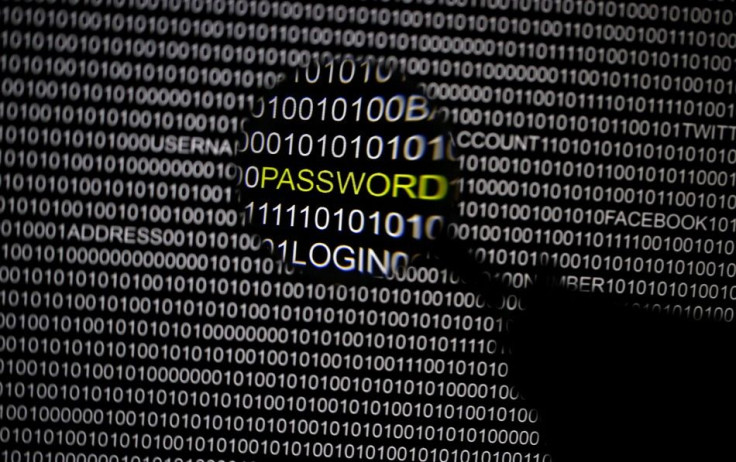You Have Been Hacked: What to Do Now

Russian hackers stole 1.2 billion passwords from all over the world. The hacking gang, named CyberVor, managed to penetrate the security of half a million websites. The Russian group also managed to store 542 email addresses in its data bank. While the news sounds scary to almost every Internet user, there are ways to ensure security for web browsing.
Is Your Password Stolen?
It may be tricky to know if your password was stolen. In other words, you may never be able to find out if your password or other secret information was among millions others which were stolen by the Russian hacking group. The hackers stole it from around 420,000 Web sites, big and small, local and global, U.S.-based and international. So, the odds are that your secret information may well be among the stolen ones.
Is Your Information Misused?
The good news is that the Russian hacking group has not sold any secret data it stole from numerous websites. According to Alex Holden, the founder of "Hold Security" - the company which first discovered about the hacked information, said that the group did not sell the email bank yet. However, they may have already started sending spam mails through personal accounts on social media. They may also have been using it for sending junk messages from your account on Facebook, Twitter etc.
What Should You Do Now?
The very first thing you have to do is to change your password on every major online platform you use. The list includes your netbanking portal, social media accounts and email id. Even if you do not notice any irregularity in your account, you should change the passwords immediately.
Things to Remember While Changing Passwords
Use upper and lower case letters, numeric figures and special characters in your new password to make it a really strong one. Most online platform shows if your password is strong or weak. If you follow the lead, you should be able to have a strong password. Do not use your mobile number, email id or other common words to set your passwords. These are far more vulnerable to be compromised. Have different passwords for individual websites. Using a master password for all the sites is a bad idea.
Additional Security Measures
Whenever possible, opt for verification codes. Certain websites like Gmail use verification codes to ensure it is you who are using your own account. Whenever there is a IP addresses conflict or other unusual activities, these secure sites will let you know. Finally, use https instead of http in your browser address whenever possible. https means a secure portal while http can be vulnerable.
Contact the writer: s.mukhopadhyay@ibtimes.com.au




















